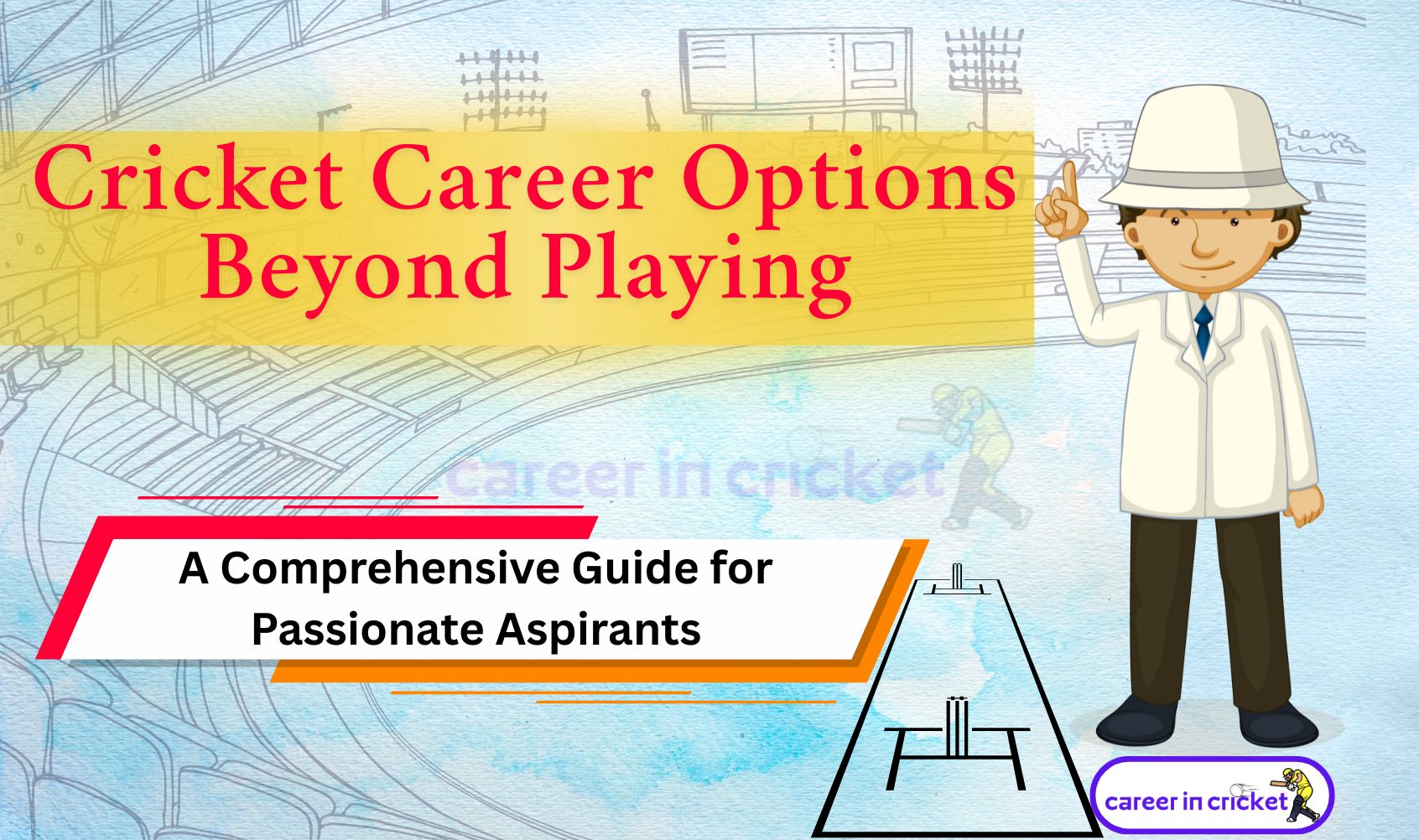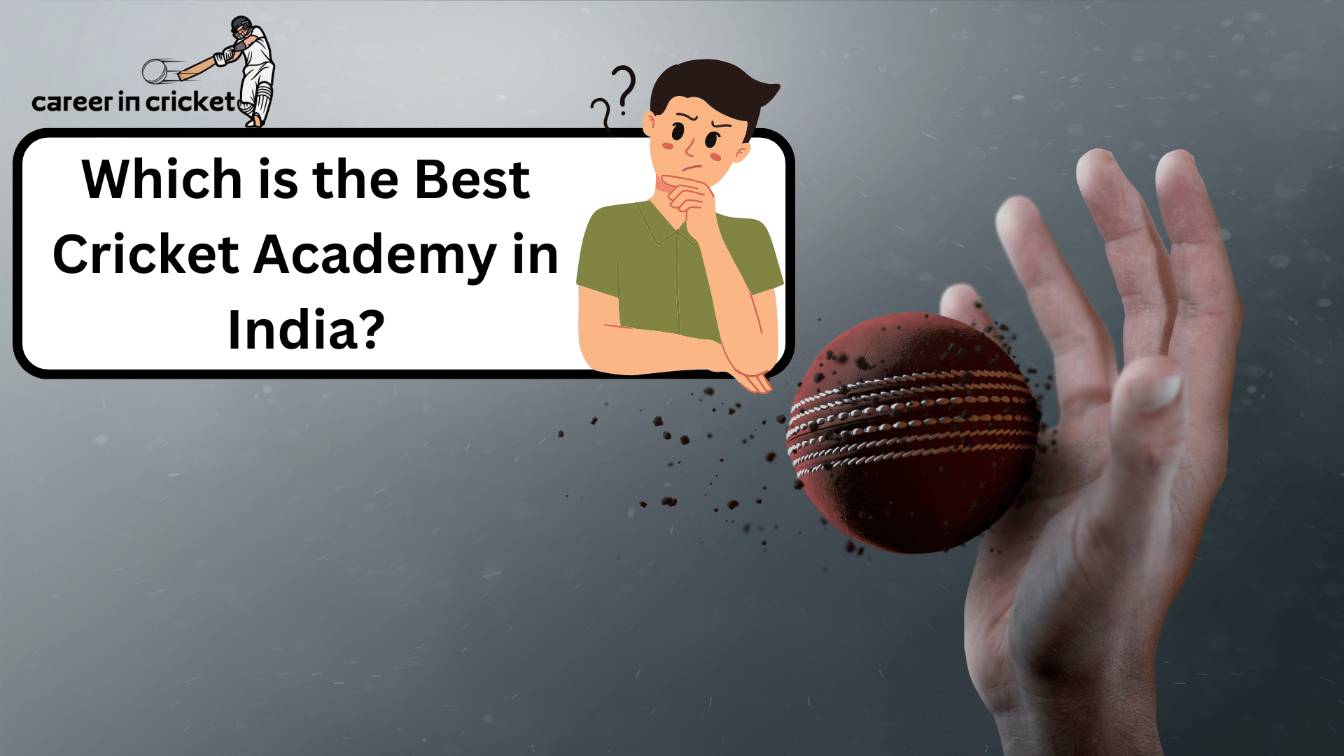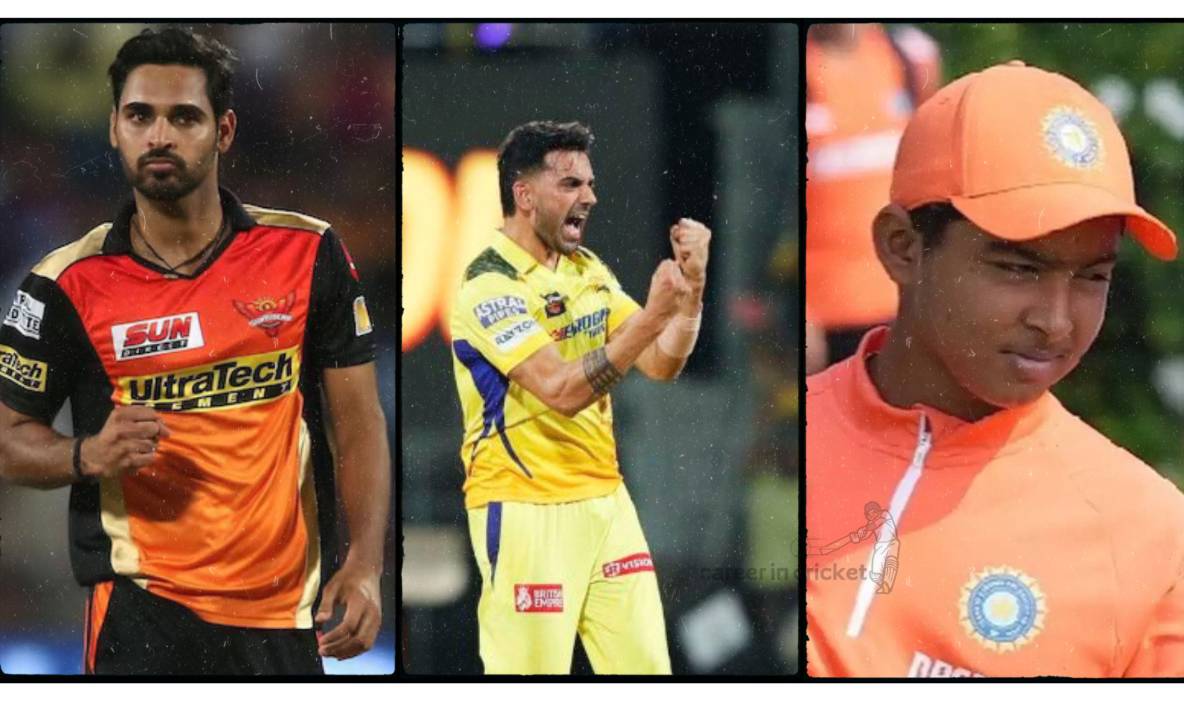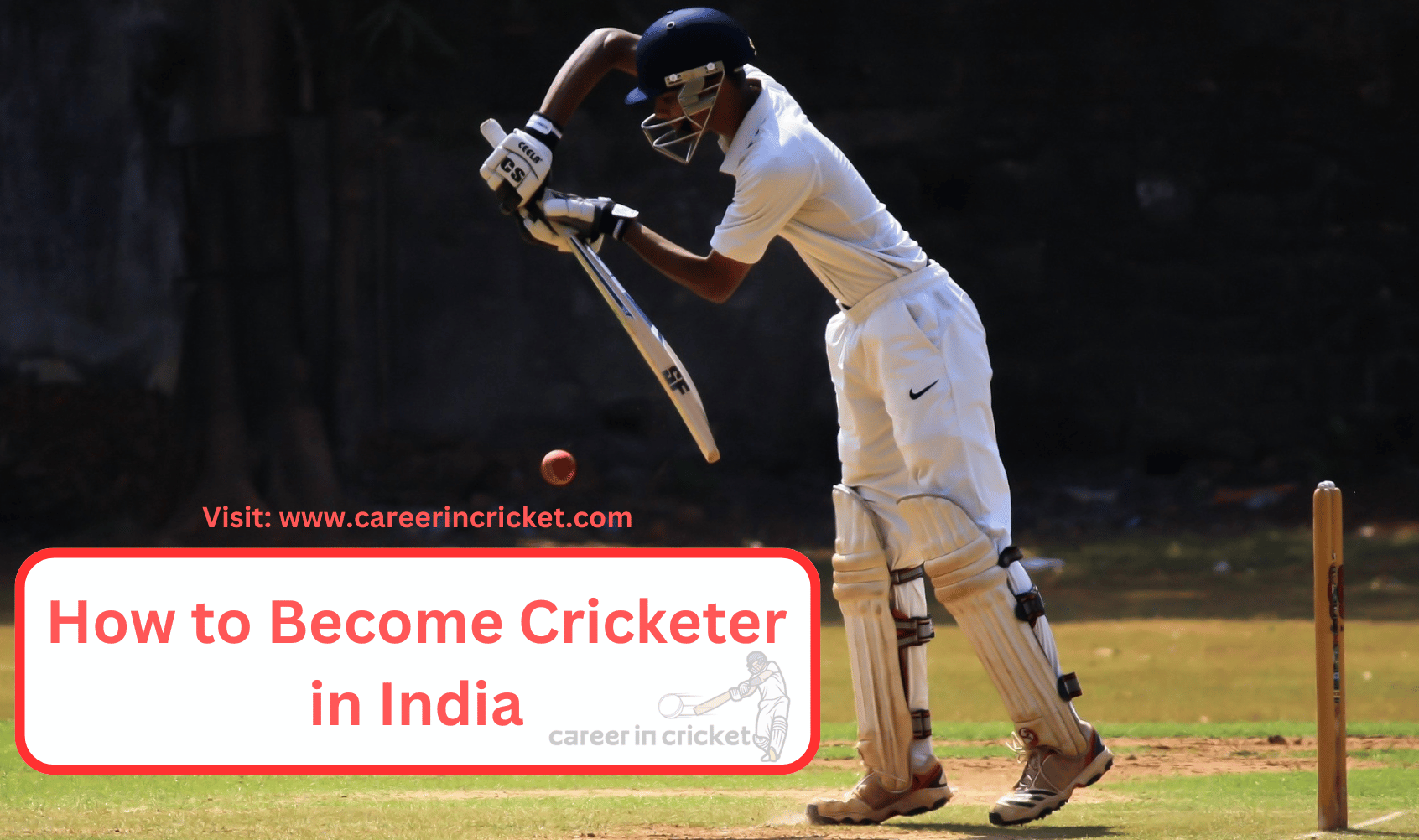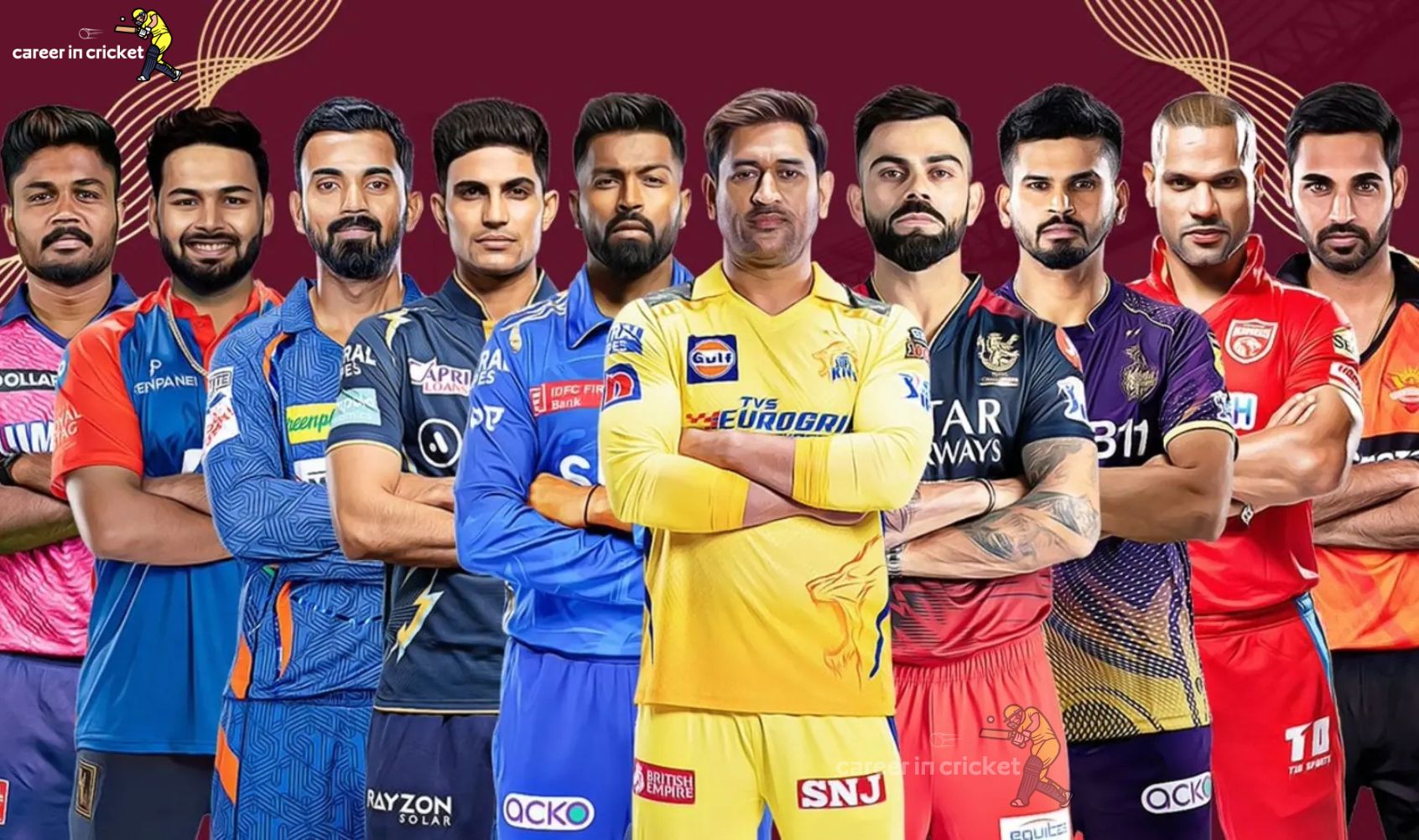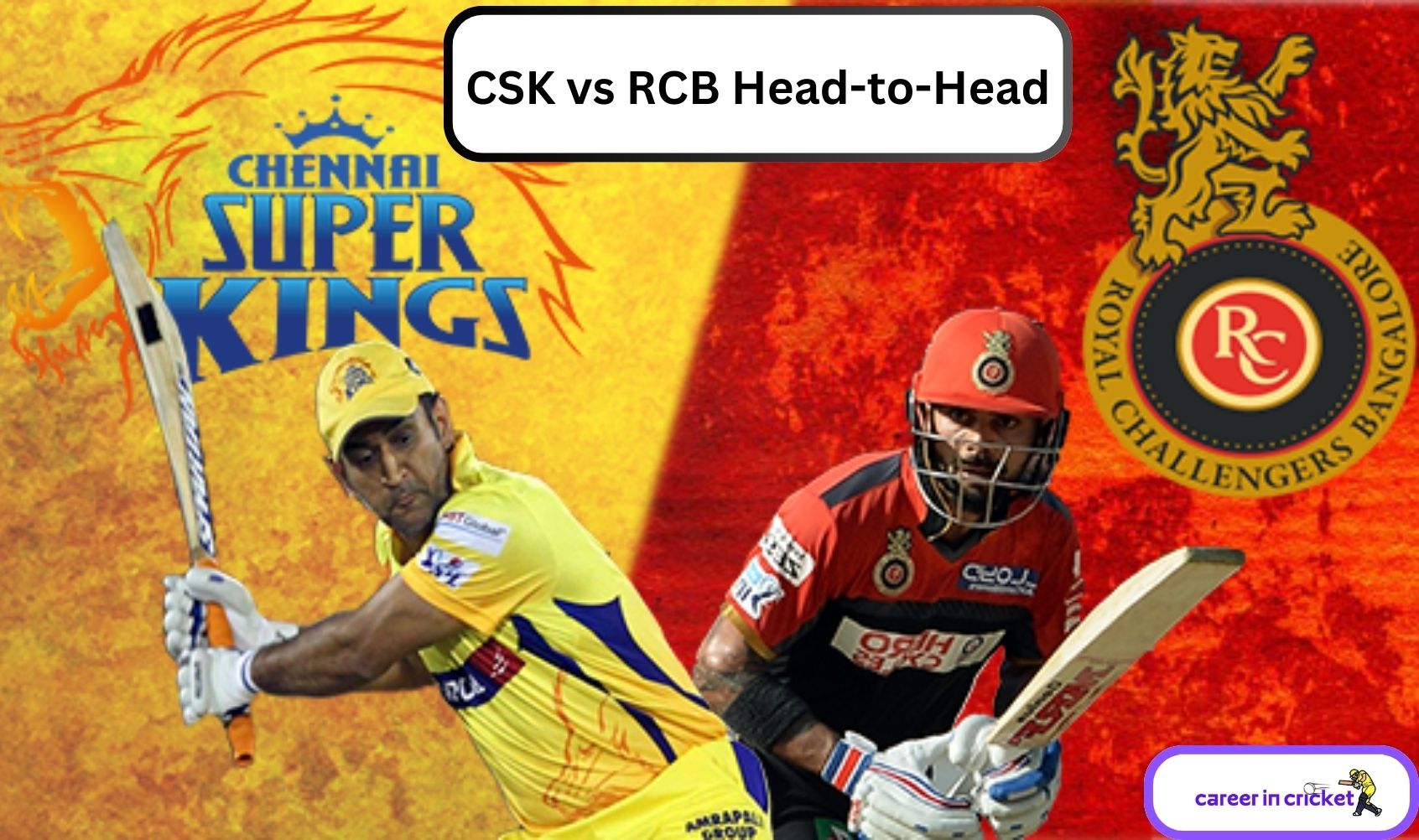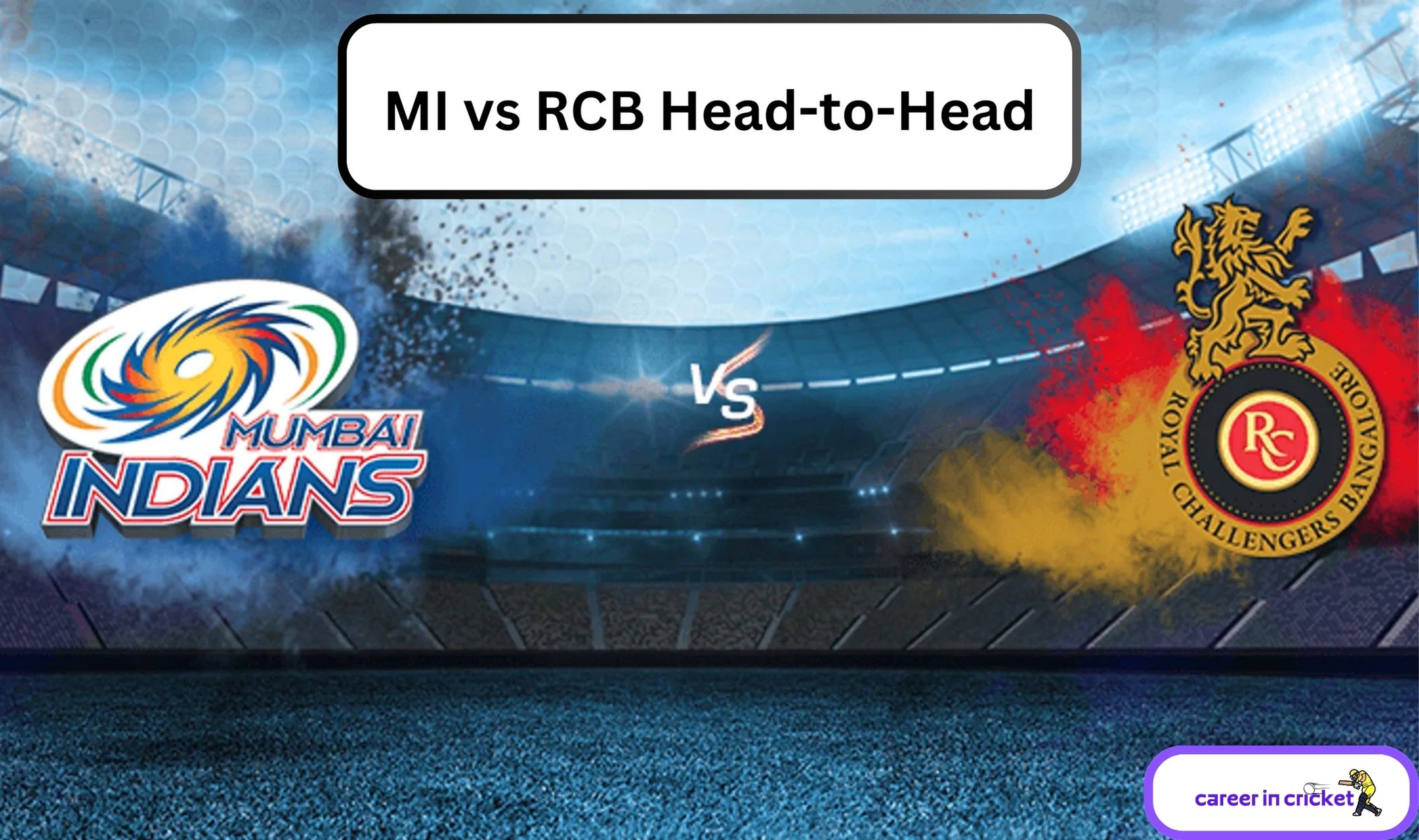When we think about a career in cricket, the most obvious image that comes to mind is that of a player walking onto the field with a bat or ball. However, the cricketing ecosystem is much broader, offering a variety of professional avenues for individuals who may not pursue a playing career but still wish to stay connected to the game.
India, being a cricket-loving nation, provides abundant opportunities in support, management, and analytical roles that are essential to the sport’s success. This blog aims to highlight some of the most promising career options in cricket apart from playing professionally.
1. Cricket Coaching
Role Overview
Cricket coaches are responsible for identifying talent, refining skills, and developing both individual and team strategies. Coaching is not just about training – it’s about mentorship, discipline, and career guidance.
Career Paths in Coaching
Youth/Grassroots Coaching – Training young cricketers at the academy or school level.
State or Zonal Coaching – Working with state teams in domestic circuits.
High-Performance Coaching – Guiding players preparing for national/international tournaments.
Specialist Coaching – Focused coaching in areas like batting, bowling, fielding, or wicketkeeping.
Qualifications Required
BCCI Level 1, 2, or 3 Coaching Certifications
NIS (National Institute of Sports) Diploma
ICC Coaching Accreditation (for international recognition)
Expected Earnings
₹15,000 – ₹1,00,000+ per month depending on experience, location, and level of coaching.
Who Should Consider This?
Ex-players, physical education graduates, or those passionate about teaching and player development.
2. Umpiring
Role Overview
Umpires are the custodians of the game’s laws. They ensure fair play, maintain the spirit of the game, and make real-time decisions that can impact match outcomes.
Pathway to Becoming an Umpire
Clear the BCCI Level 1 Umpiring Exam (written + practical).
Get hands-on experience by officiating local/district-level matches.
Pursue Level 2 Certification for higher-level domestic matches.
Key Skills
In-depth knowledge of the Laws of Cricket.
Strong decision-making under pressure.
Good eyesight, physical stamina, and focus.
Expected Earnings
₹2,000 – ₹10,000 per match at district/state level.
₹50,000 – ₹1,00,000+ per series at national/international level.
Growth Potential
Umpires can eventually officiate IPL, Ranji Trophy, and international matches based on performance and certification.
3. Cricket Scoring and Match Analysis
Role Overview
Cricket scorers meticulously document every ball, run, and wicket in a match. Analysts go a step further by interpreting data to draw insights on performance and strategy.
Modern-Day Applications
Digital scoring apps like CricHeroes, CricHQ, and BCCI’s eScoring tools.
Analytical roles in IPL franchises, TV broadcasting, and coaching support teams.
How to Start
Attend certified scoring workshops offered by cricket associations.
Gain experience in local matches and tournaments.
Learn to use scoring and data analysis software.
Expected Income
₹500 – ₹5,000 per match (Scorer)
₹25,000 – ₹1,00,000+/month (Match Analyst or Stat Expert in franchises/media)
Career Tip
This is an excellent career choice for individuals with an eye for detail, a love for stats, and a logical mindset.
4. Pitch Curation & Ground Management
Role Overview
Groundsmen and pitch curators ensure optimal playing conditions. Their role involves managing turf health, pitch preparation, and maintaining international standards.
Duties Include
Preparing pitches for different match formats (Test, ODI, T20).
Managing field grass, boundary ropes, covers, and drainage.
Collaborating with match referees and event organizers.
Skills & Qualifications
Diploma or certification in turf management or agriculture (optional).
On-the-job training under senior curators.
Familiarity with soil science and weather patterns.
Salary Range
₹12,000 – ₹50,000/month (can go higher for international venues or IPL teams).
Growth Opportunity
Top-level curators can work at major stadiums or with international cricket boards.
5. Cricket Journalism & Commentary
Role Overview
For those who have a way with words and a deep understanding of the game, cricket journalism and commentary offer creative and rewarding career paths.
Popular Roles
Cricket Journalist or Reporter (Print & Digital)
TV/Radio Commentator
YouTube Cricket Analyst
Sports Anchor or Interview Host
How to Get Started
Pursue a degree in journalism or mass communication (optional but preferred).
Start a blog or YouTube channel on cricket analysis.
Intern with sports news portals or TV networks.
Expected Earnings
₹5,000 – ₹30,000/month (freelancers/startups)
₹50,000 – ₹2,00,000+/month for mainstream media commentators or anchors.
Skills Needed
Exceptional communication
Analytical mindset
Confidence on camera or mic
6. Cricket Physiotherapy & Fitness Training
Role Overview
Cricket is physically demanding, making physiotherapists and fitness trainers indispensable to teams. They help prevent injuries, manage recovery, and enhance athletic performance.
Professional Requirements
BPT (Bachelor of Physiotherapy) or MPT
Certifications in sports medicine or rehab
BCCI or ICC recognition (for higher-level opportunities)
Work Settings
Cricket academies
State or franchise teams
Individual player support
Salary Range
₹20,000 – ₹1,50,000/month depending on experience and level of engagement.
Also Read: The Importance of Fitness in Cricket
7. Cricket Operations & Management
Role Overview
From organizing tournaments to managing teams, cricket operations professionals keep the sport running smoothly behind the scenes.
Career Roles
Cricket Academy Manager
Tournament/Event Coordinator
Team Manager
League Operations Manager
Who Should Apply
MBA or sports management graduates
People with organizational, negotiation, and marketing skills
Salary Range
₹25,000 – ₹1,50,000/month depending on role and event scale.
Conclusion:
You Can Build a Fulfilling Career in Cricket – Without Being a Player
India’s cricket industry is expanding at an incredible pace, opening up multiple career paths beyond just playing. Whether you’re a data lover, organizer, teacher, communicator, or sports science enthusiast — there’s a place for you in the cricket ecosystem.
The key is to identify your strengths, get certified or trained in your chosen field, and build a strong portfolio through internships and field experience.



